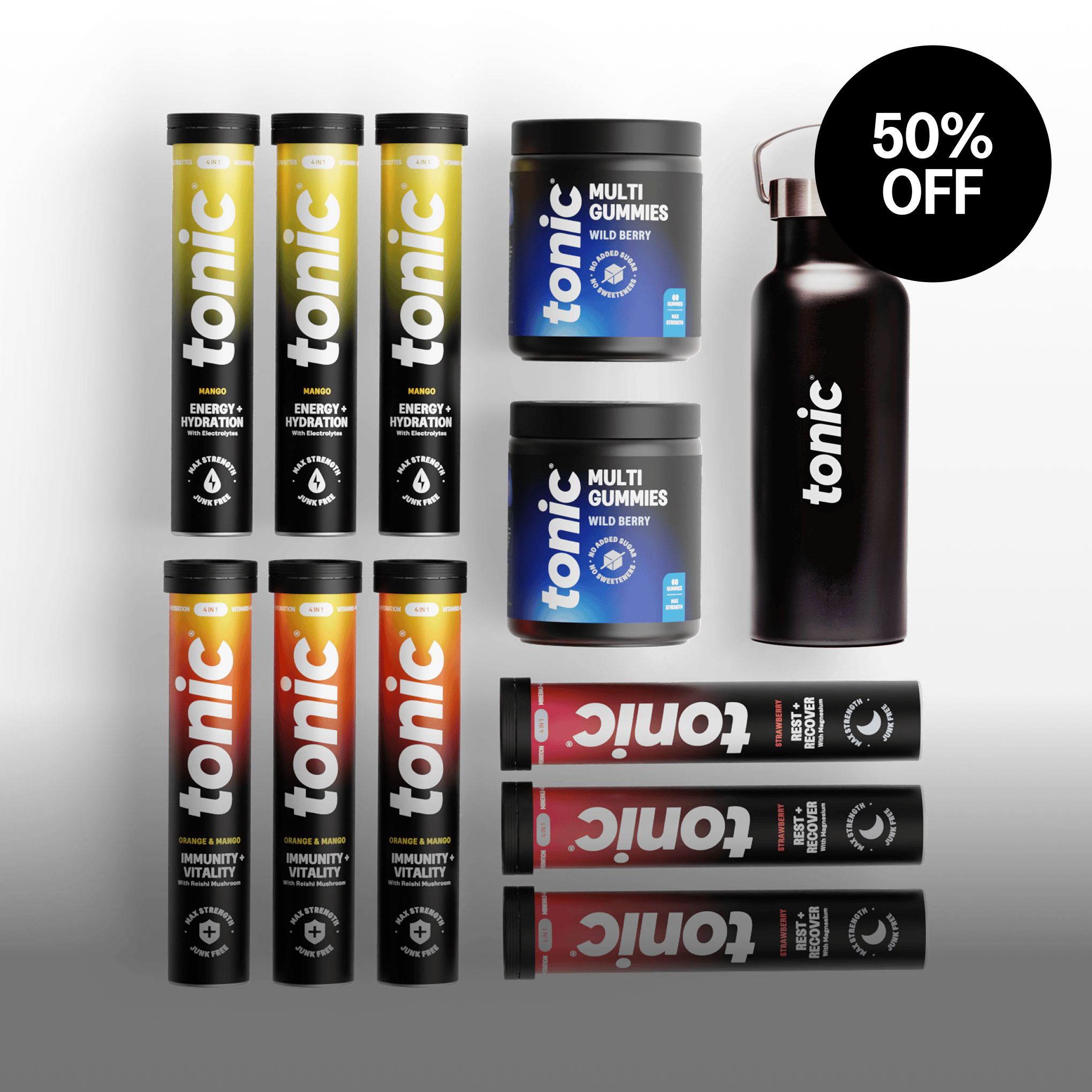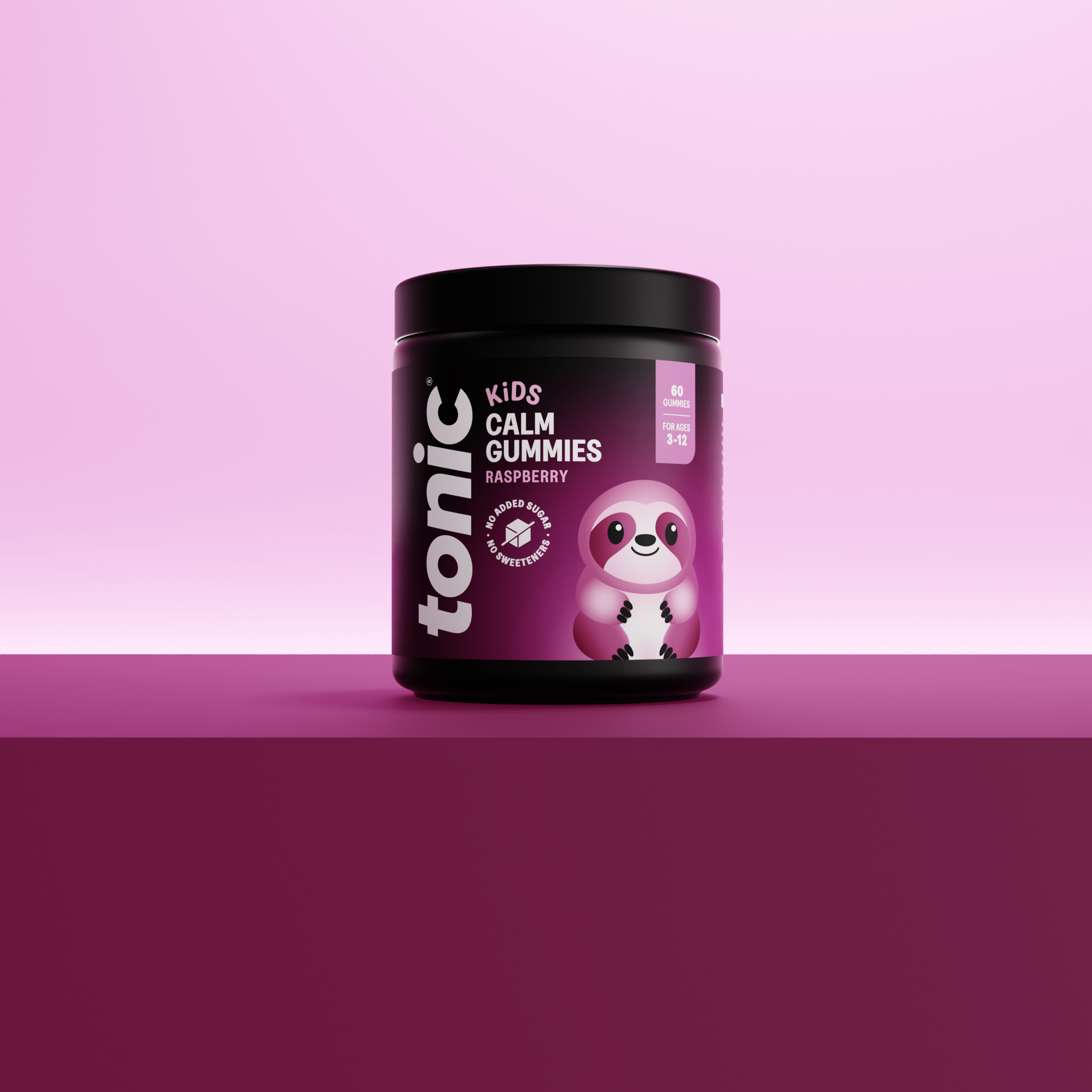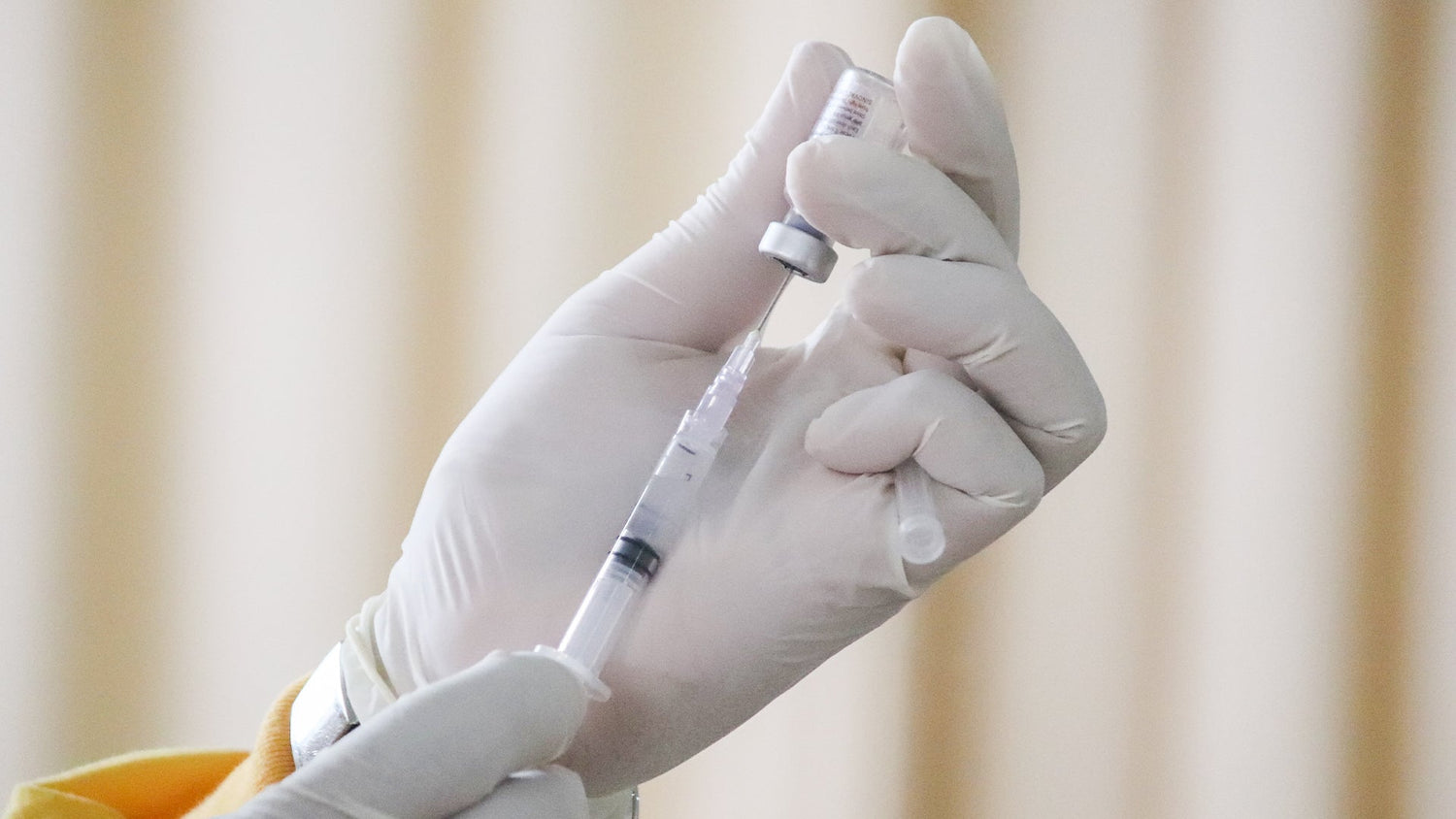Vaccines are brilliant and life saving, They prevent over 4.5 million deaths per year! Incredible right. Immunization has become such an important part of disease prevention and especially now. With everyone relying on the vaccine to put an end to the pandemic, we need to ask ourselves:
What is integral to vaccine effectiveness and how can we improve their performance?
In order to discuss the effectiveness of vaccines, it is important to understand how they work.
Vaccines are dependent on interactions with your immune system. T cells, which are part of the adaptive immune system, play a particularly crucial role. When they encounter a pathogen they release antibodies specific to that pathogen to kill it, and in the process, become T-memory cells. These memory T-cells stay alive for a very long time and circulate your body like a soldier on stand-by. The next time the same pathogen enters your body, the memory T-cells get activated and work hard to immediately release antibodies which quickly kill off the pathogen, protecting you from getting sick. An individual cell can make up to 2000 antibody molecules per second. This is how hard your immune system works to fend off the 100,000,000 viruses you breathe in everyday.
A vaccine essentially contains the pathogen it is supposed to be protecting your body against but the pathogen is either dead, weakened, or in a different form. This means the vaccine is triggering an immune response so your body creates memory cells that have the ability to release antibodies against the specific pathogen and prevent you from getting sick in the future.
Whilst the development of vaccines has had a monumental impact on disease prevention, a suboptimal immune system or a nutritional deficiency may pose a risk for undermining vaccine effectiveness.
This is because specific nutrients such as vitamin D regulate the immune function. Those all important memory T-cells remain dormant and can’t help to fight infection if you don’t have enough Vitamin D. So, what does the evidence say when it comes to vaccine effectiveness?
A systematic review and meta-analysis of nine studies found that people who were deficient in vitamin D were less protected against certain flu strains after receiving a vaccine compared to people who had adequate levels of vitamin D. With one in four people in the UK deficient in vitamin D, this could be a serious factor in the effectiveness of the vaccine rollout.
Another study shows that vitamin E supplementation increased the amount of antibodies produced in people over 65 years after receiving the hepatitis B and tetanus vaccine. A study that looked at the daily supplementation of selenium in people who were deficient found their immune response to the poliovirus vaccine improved and hindered the formation of mutant strains.
After the tiresome work scientists have put in to create vaccines and how much strain this and many other previous pandemics have caused, something so easy as taking vitamins is not only the answer to improving your immune health but could also help improve the effectiveness of your vaccine. So, if you’re due a vaccine soon or anytime in the future, ask yourself, why not improve its effectiveness?







Leave a comment
All comments are moderated before being published.
This site is protected by hCaptcha and the hCaptcha Privacy Policy and Terms of Service apply.